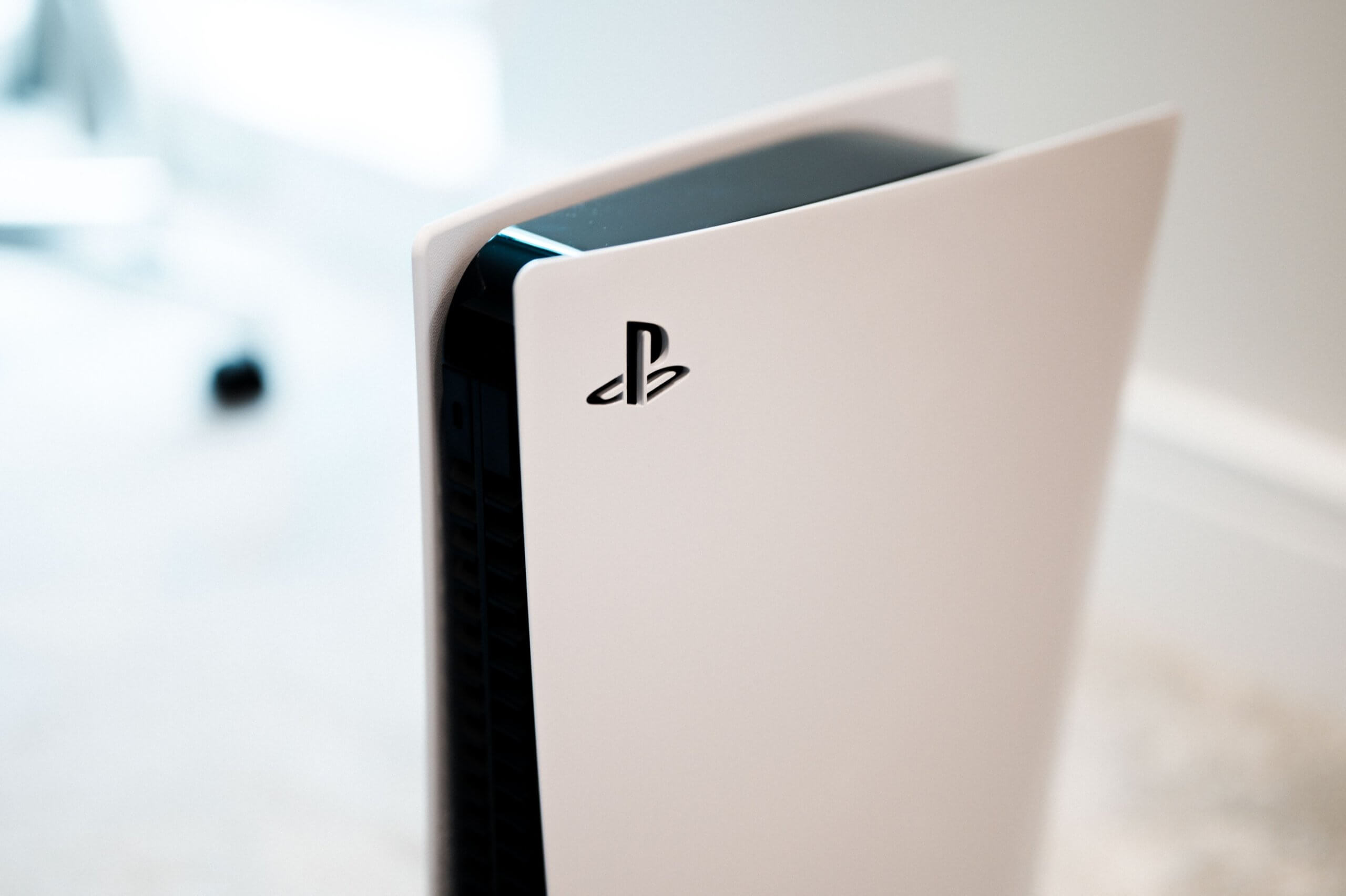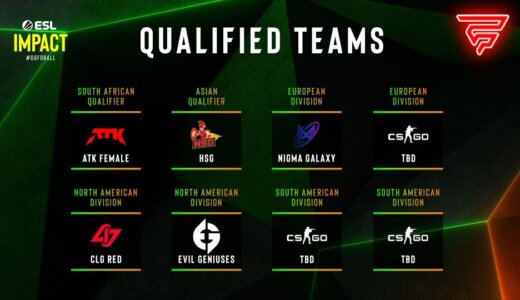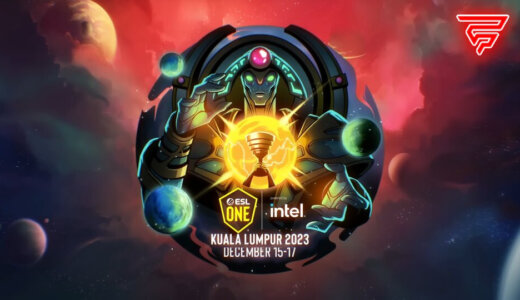There’s a good number of gamers out there wondering what they should buy for their heard-earned money: a gaming PC or a next-gen console? This decision is far from an easy one. In fact, it became more complicated than ever with the release of Sony’s and Microsoft’s next-gen offerings. Throughout history, consoles always paled in comparison to gaming PCs and there’s a good reason why. Simply put, they were cheaper and therefore offered a somewhat gimped gaming experience.
Computers, on the other hand, allowed you to pick and choose the right components based on your needs and preferences. Maybe you wanted to go all-out and build a huge monstrosity clad in RGB with a thousand fans for better airflow. Or, perhaps, a modest computer that would just get the job done. Either way, you had the luxury of choice. That’s one of the chief delights of building a personal computer. Consoles, on the other hand, are engineered and designed in such a way to deliver a specific gaming experience with no fluctuation whatsoever.
The User Experience
That, arguably, is their biggest advantage. You know what you’re getting yourself into, for better or worse. Plus, they’re of the “plug and play” variety. You just connect them to a monitor or TV and you’re basically good to go. Gaming PCs, on the other hand, aren’t exactly user friendly. Firstly, you need to know what you’re buying and why. You can’t just purchase any kind of RAM and hope for the best. You need to be tech savvy at least to a certain degree. Building a custom gaming PC can get quite daunting — especially for the uninitiated.
Then comes the age-old ordeal of downloading drivers and a host of other software. You can’t just click a button, download your game, and start playing like you would on a gaming console. Instead, you need to install your operating system, along with a slew of updates, drivers, add-ons, clients like Steam, Epic, etc. The list is long and draining, and the fact that we’ve all done it so many times in our lives doesn’t make it any less of a drag.
The overall user experience that comes with building a gaming PC (and setting one up) is as challenging and layered as ever. Most people, however, just want to sit down and queue up. Nothing more, nothing less. They want to come back from work or school, pick up a controller, and be good to go. For this, gaming consoles offer a superior experience. They’re not as flexible hardware-wise, but that’s far from a bad thing. At least you have peace of mind — you know what you’re in for, and you’re probably satisfied with such a baseline.
The Age-old Problem
Personal computers equipped with solid enough graphics cards always had superior performance when compared to gaming consoles. That’s just the way things have been for what feels like an eternity. Consoles offered no more than 30 frames per second at sub-1080p resolutions. Hardly hype-inducing, to say the least. But, for millions of gamers across the globe, it was sufficient. After all, it’s not the sheer number of pixels that matters but rather the whole gaming experience.
Of course, some gamers prefer the absolute best when it comes to performance and graphical fidelity, which is why consoles often had a bad rap in certain parts of the community. This, however, has changed, and irreversibly so.
A Shift in Technology
For all intents and purposes, both PlayStation 5 and Xbox Series X (and Series S, for that matter) are “repackaged” gaming PCs. They’re using the same technology — an AMD Ryzen processor and an AMD Radeon graphics card that’s based on their latest RDNA2 architecture. And, frankly, we’re talking beastly specs here.
The main reason why Sony and Microsoft decided on such an approach is simple: game development. For quite a long while, developers had to build their games and then port them accordingly, depending on the hardware. This is why certain multi-platform titles ran better on, say, PlayStation consoles than Xbox ones, and vice versa. But such a thing is not only time-consuming but also requires a metric ton of resources (i.e. money). By harnessing the exact same architecture as today’s most potent gaming PCs, game developers no longer have such obstacles — things are a lot more streamlined and, therefore, simple.
This benefits the end users (us, gamers) as well. As a result, we’re all getting pretty much the exact same gaming experience, which means it’s less important whether you end up buying a PlayStation 5 or an Xbox Series S/X. Finally, a shift to PC hardware inevitably resulted in better performance. Right now, we’re talking about 1440p/4K with up to 120 FPS. This is, without a shadow of a doubt, one of the biggest generational leaps in console history, and it’s quite exciting, to say the least!

Xbox Series X
Is this an apples-to-apples comparison?
It absolutely is. The difference performance-wise between a top-tier gaming PC and a next-gen gaming console (PlayStation 5 and Xbox Series X) is so negligible we might as well call it imperceptible. This point has to be underscored. In fact, here’s another fascinating thing: both the PS5 and XSX provide better performance per dollar than any gaming PC you could ever build right now. Heck, a comparatively capable graphics card costs about the same as an entire console! (we’re talking MSRP here, not scalper prices) That, in and of itself, is just mind-blowing. Whether Sony and Microsoft are turning a profit is less important to us, the consumers, as we’re getting a whole lot of bang for our buck!
Gaming consoles have never made more sense than they do today. Not only do they provide a superior user experience (simplified, more straightforward without any obstacles) but they’re also far more worthwhile from a price-to-performance standpoint. The only problem, however, is buying one for its intended retail price. Scalpers have become the number one nuisance in nearly every part of the globe, and AMD is struggling to meet the demand.
Still, the situation should stabilize over the coming months. If you can, try to wait things out a bit and then purchase a next-gen gaming console (once prices drop) if you already have a solid enough PC. You definitely won’t regret it!







